Phenikaa University students practice scientific research.
According to the Ministry of Education and Training, in the past school year, the education sector has promoted the implementation of planning, developing the network of higher education institutions, implementing university autonomy, improving the quality of human resource training associated with scientific research and innovation. The sector has gradually established an open, fair, equal, high-quality, effective higher education system that serves the needs of lifelong learning; meeting the demand for high-quality human resources. The network of higher education institutions is developed on the basis of ensuring fair, objective, scientific, public, transparent and effective investment along with good mobilization of social resources.
Notably, the Education sector has promoted many programs and plans to improve training quality such as: Program to strengthen control and improve the quality of law bachelor training in the period of 2023-2030; Program to develop a system of quality assurance and accreditation for higher education and pedagogical colleges in the period of 2022-2030; promote human resource training for the semiconductor chip industry in Vietnam... The Ministry of Education and Training has established 10 advisory councils to develop training program standards; coordinate with training institutions to develop 11 university training program standards and 9 postgraduate training program standards.
Higher education institutions actively improve university governance capacity; perfect and develop quality assurance systems to build a culture of quality, taking quality as the foundation in all higher education activities. Schools comprehensively implement quality assurance solutions in enrollment, training, scientific research; closely link the task of human resource development with the development of science, technology and innovation. In addition to opening new training majors, linking domestic and foreign training, schools also actively adjust training programs to meet learners' needs; innovate advanced teaching methods, approach international training standards and training programs, proactively strengthen quality assurance and education quality assessment.
Educational institutions prioritize the recruitment and training of highly qualified lecturers. To date, the proportion of lecturers with doctoral degrees has reached 33.5% of the total number of university lecturers. Comprehensive and extensive financial and asset autonomy, promoting the attraction of social resources, upgrading facilities and equipment to better meet teaching and scientific research conditions have also received active attention. Up to now, 32.76% of universities have self-financed their regular and investment expenditures.
According to Huynh Van Chuong, Director of the Department of Quality Management (Ministry of Education and Training), the number of accredited higher education institutions is increasing. By July 31, 2024, 193 higher education institutions were recognized by domestic educational quality accreditation organizations as meeting quality standards; 11 higher education institutions were recognized according to international educational institution assessment standards. Vietnamese higher education institutions continue to be highly ranked and increase their rankings on prestigious international rankings. According to the ranking results of Quacquarelli Symonds (QS) announced on June 5, 2024, Vietnam has six higher education institutions included in the World University Rankings 2025 (QS WUR 2025); Meanwhile, the Times Higher Education (THE) rankings announced on May 1, 2024 showed that six schools were included in the 2024 Asian University Rankings...
Despite positive results, reality shows that higher education institutions are still confused when implementing autonomy; the scale of university training has increased but is concentrated in industries and fields with high potential for socialization, while basic science, social science, culture and arts, agriculture, etc. have not attracted learners. Training work has not been closely and regularly linked to labor requirements and social needs; the capacity to connect research institutes, universities, scientists with businesses has improved but still does not meet practical requirements. Training quality has not met the requirements for human resource quality, especially high-level human resources and the requirements for knowledge-based economic development, etc.
To continue improving the quality of training and scientific research to meet the needs of socio-economic development, in the 2024-2025 school year, according to Deputy Minister of Education and Training Hoang Minh Son, the education sector will complete the development strategy and planning of each training institution in the new period, in accordance with the national master plan, the development plan of the network of higher education and pedagogical institutions, strategies and plans for socio-economic development and development orientation, regional and local planning. Universities will innovate and modernize training programs and methods, better meeting the needs of high-quality human resources of the labor market and the diverse learning needs of learners. The education sector will promote cooperation between training institutions, businesses and organizations, research and innovation centers. Notably, when the higher education system expands in scale and improves training quality, the teaching staff must be the core force. Therefore, specialized units of the Ministry of Education and Training will review, re-evaluate, and propose adjustments to mobilize resources for the doctoral training project to provide maximum support to universities in training lecturers... contributing to improving the quality of university education to meet the demand for high-quality human resources.
Source: https://nhandan.vn/tao-chuyen-bien-ve-chat-luong-giao-duc-dai-hoc-post831325.html





![[Photo] Binh Thuan organizes many special festivals on the occasion of April 30 and May 1](https://vphoto.vietnam.vn/thumb/1200x675/vietnam/resource/IMAGE/2025/5/1/5180af1d979642468ef6a3a9755d8d51)
![[Photo] "Lovely" moments on the 30/4 holiday](https://vphoto.vietnam.vn/thumb/1200x675/vietnam/resource/IMAGE/2025/5/1/26d5d698f36b498287397db9e2f9d16c)






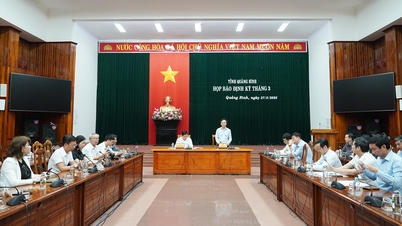
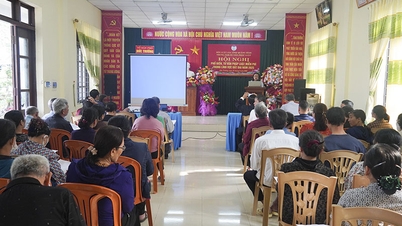
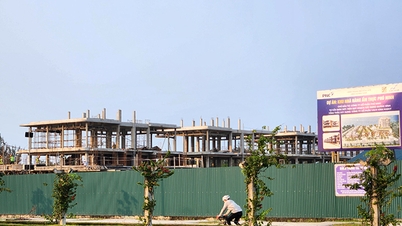
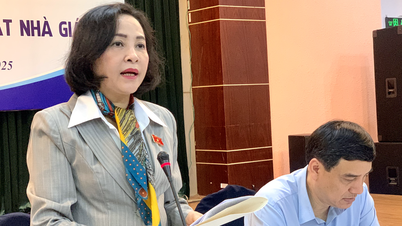

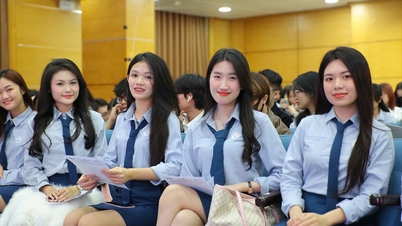
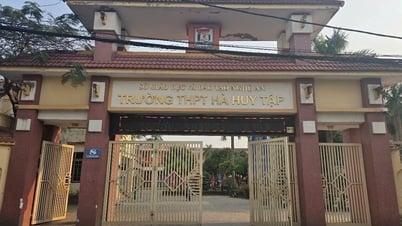
![[Video] Many major universities expand campuses in provinces bordering Hanoi](https://vphoto.vietnam.vn/thumb/402x226/vietnam/resource/IMAGE/2025/3/27/c26ca8376b854ad585d07c208c578345)
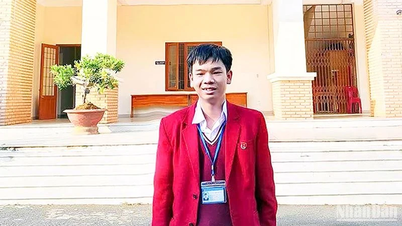






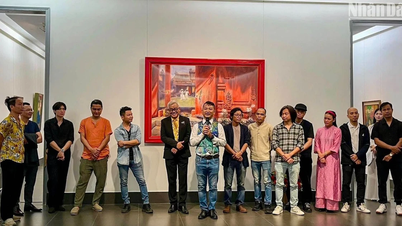


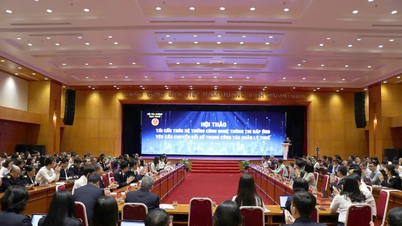
![[Photo] Ha Giang: Many key projects under construction during the holiday season](https://vphoto.vietnam.vn/thumb/1200x675/vietnam/resource/IMAGE/2025/5/1/8b8d87a9bd9b4d279bf5c1f71c030dec)













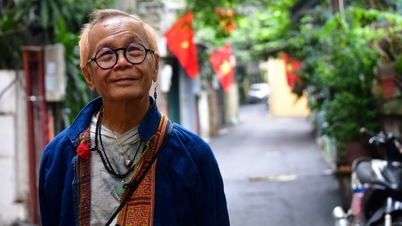


































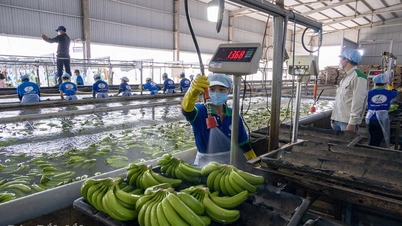

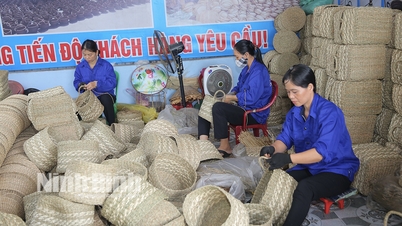


















Comment (0)